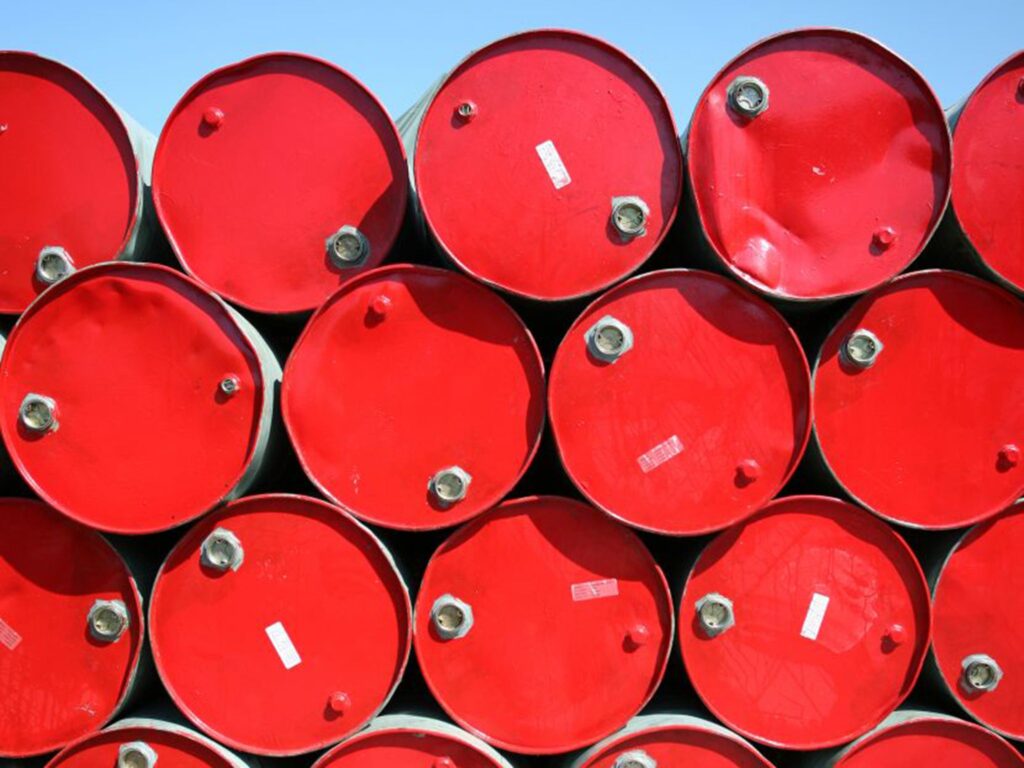A new study has found that the Energy Return on Investment (EROI) of traditional fossil fuels (oil, gas and coal) — when post-extraction processes like refining are factored in — drops from about 25:1 to a mere 6:1, which is similar to the EROI of renewables. The ratio indicates (in terms of energy equivalents) barrels of oil extracted for every barrel of oil used, and is often used to tout the ‘energy advantage’ of fossil fuels.
The 15-year IEA study also implies that as input costs increase, fossil fuels’ EROI could drop below 5:1 — which apparently is the threshold beyond which their extraction would incur losses.
US fertilizer industry emitting 100X more methane than reported
Incidental sensing by Google’s street view cars has found that the US’ fertiliser industry emits at least 100 times more methane than what is officially claimed by the industry and the EPA. The study estimates that the American fertilizer industry’s actual methane emissions may be around 29,000 metric tonnes each year — and not the EPA’s measly figure of 8,000 metric tonnes.
Methane traps 84 times more atmospheric heat than CO2 and the figure is yet another revelation of the extent of the US’ dangerous under-reporting of its GHG emissions.
Fugitive methane emissions are also likely to balloon as the US power market ramps up its transition to natural gas, apart from the new drilling permits that have been offered to oil & gas firms across vast swathes of US public lands. The Wilderness Society estimates that GHG emissions from these sites may amount to as high as 4.7 billion tonnes of CO2 equivalent.
UK orders ships to go zero-emissions by 2025
The UK has ordered that all new ships brought into service from 2025, and ones that are headed to its shores, must be powered by zero-emissions technologies. The order is part of its “Clean Maritime Plan” and is another initiative to achieve the country’s target of going carbon-neutral by 2050. The new requirement is hugely significant as the UK’s ports are key destinations for leisure and cargo vessels, and the freight shipping sector alone accounts for as much as 3% of the world’s GHG emissions.
India’s fuel refining capacity may be expanded by 80% to meet petrol and diesel demand
India’s oil minister has reiterated that the country’s fuel refining capacity needed to be expanded by 80% to meet the rising demand for petrol and diesel — despite the NITI Aayog’s proposal to only sell EVs from 2030. India’s refining capacity needs to grow from 250 million tonnes/annum now to 450 million tonnes a year by 2040. Despite EVs being “a priority”, the minister said India’s strengthening economic output and the need to expand its petrochemicals and LNG terminals would necessitate an increase in fuel refining and consumption.
Nordea’s Swedish pension fund withdraws $2.3 billion from fossil fuel holdings
The Swedish pension fund managed by the Nordea group has withdrawn $2.34 billion of its investments in fossil fuel holdings. The move is similar to the Norwegian pension fund cutting $7.5 billion of its exposure to fossil fuels, and may be followed by several other institutional investors in Sweden — which has a 2045 target to go carbon-neutral — to align their investments with targets consistent with the Paris Agreement.
About The Author
You may also like
India asks power companies to order $33 billion in equipment to boost coal power output
India’s first pilot project for underground coal gasification launched in Jharkhand
Increasing oil and gas production among top priority, says India’s petroleum minister
A faster clean energy transition will make energy cheaper, not more costly: IEA
India’s energy sector: Ten years of progress, but in fits and starts


